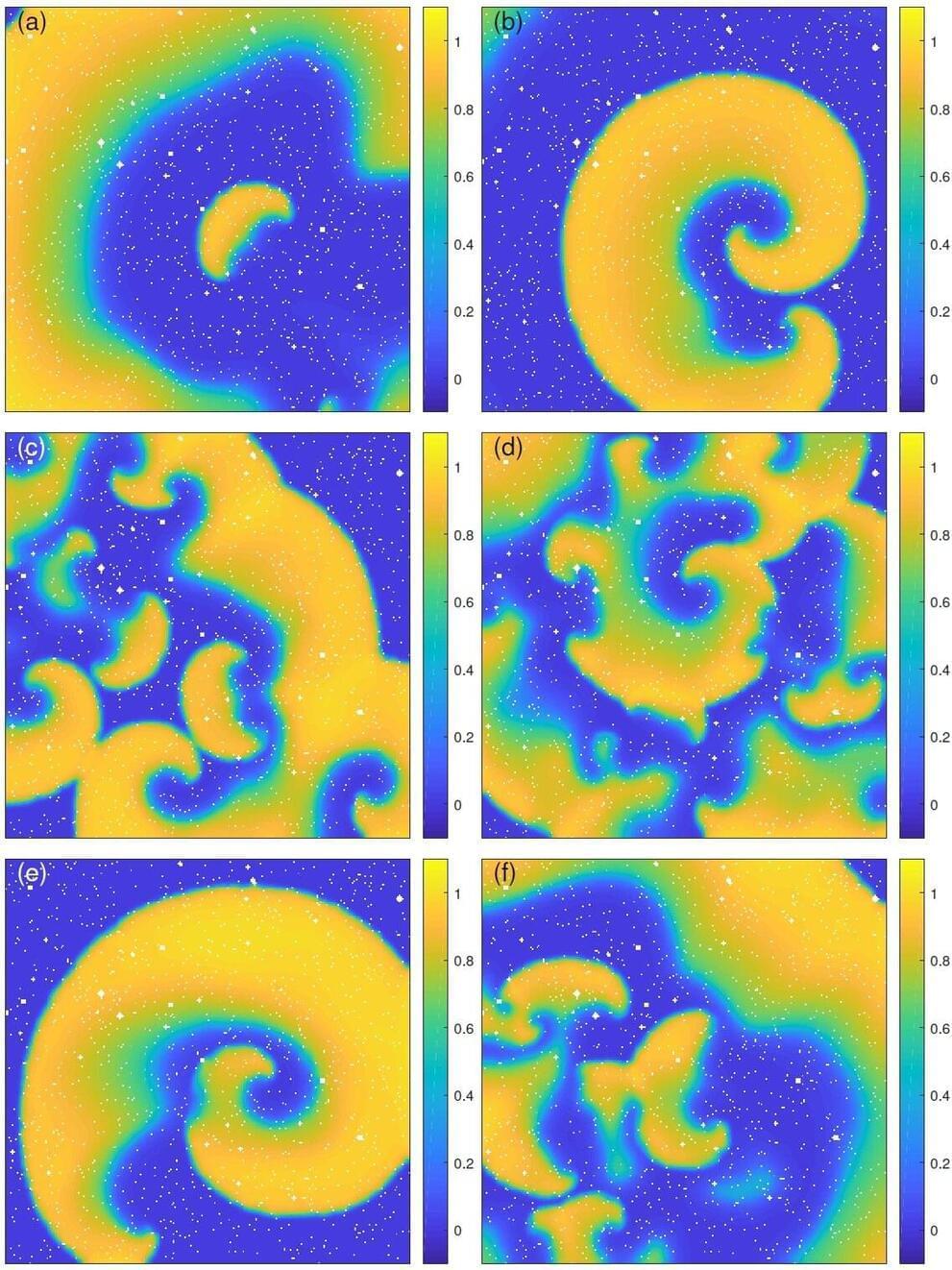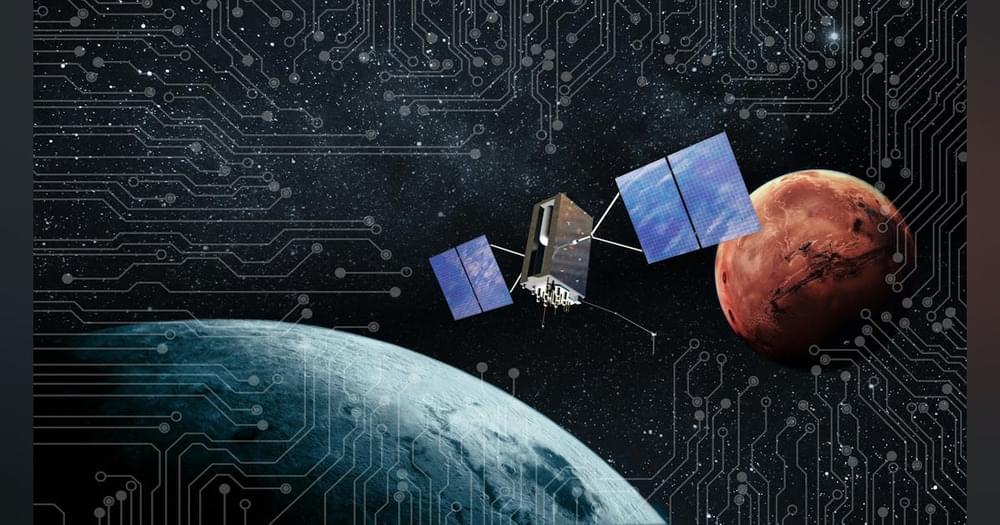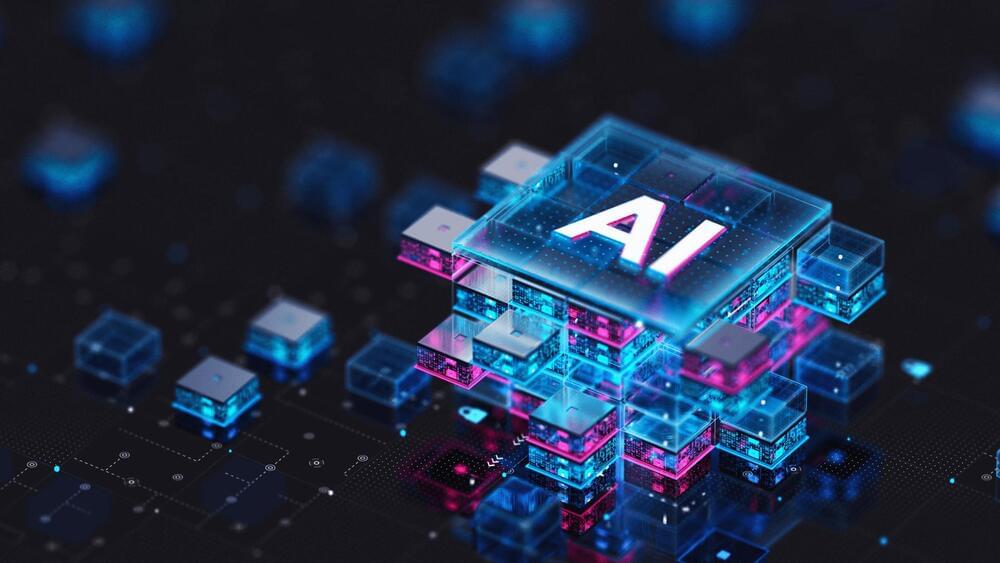Nov 9, 2024
A New Planet Is Now Our Closest Neighbor
Posted by Saúl Morales Rodriguéz in categories: computing, military, space travel
The order of the planets is something most of us learn in school: Mercury, Venus, Earth, Mars, Jupiter, Saturn, Uranus, Neptune, and (until 2006) Pluto.
So, you would be forgiven for thinking that as Earthlings, our closest planetary neighbor is Venus. And in a way, you would be right – at its nearest, Venus approaches Earth closer than any other planet in the Solar System. Likewise, its orbit is closer to our orbit than any other. However, in another sense, you would be wrong. At least, that is the argument put forward in an article published in PhysicsToday.
Continue reading “A New Planet Is Now Our Closest Neighbor” »
















